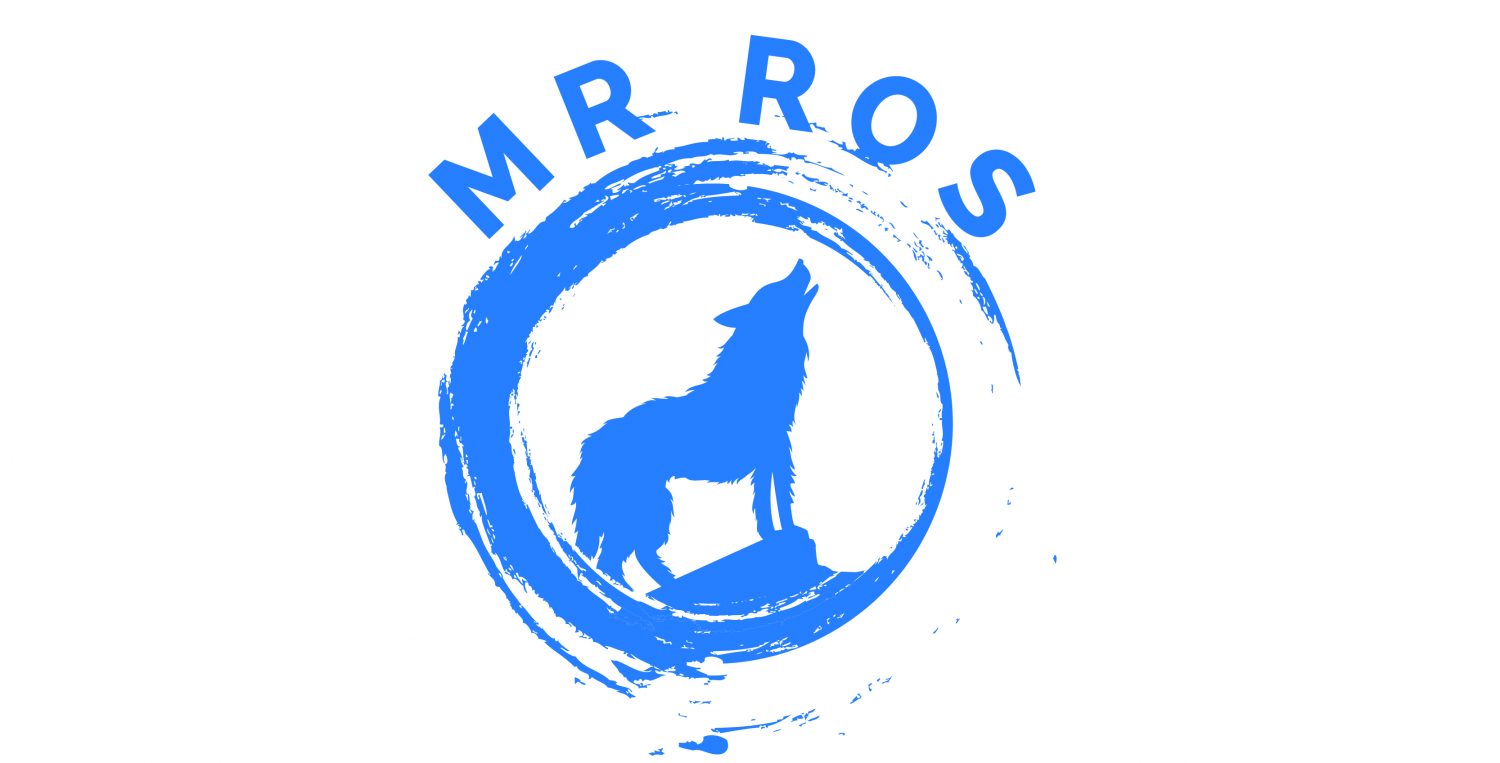Do you know how to ensure your horse is healthy? Many think their feed is perfect, but that’s not always the case. Horses require a specific kind of diet rich in certain nutrients to thrive. Without the right feed, they could end up ill or simply fail to live up to their potential. One great way to ensure that your horses are receiving the proper nutrients is by creating a diet rich in essential fatty acids.
Essential Fatty Acids and Horse Health
Do horses really need essential fatty acids? It turns out that fatty acids can be incredibly helpful in promoting a horse’s overall health. In fact, these nutrients are absolutely vital for many normal bodily functions.
Horses with a deficiency of essential fatty acids might face a variety of problems, including:
- Hair Loss
- Impaired Reproductive
- Impaired Immune Function
- Skin Issues
Benefits adding essential fatty acids to your horse’s diet include:
- Reduced Downtime Following Injury
- Greater Exercise Recovery
- Improved Symptoms of Respiratory Diseases
- Improved Symptoms of Neurological Conditions
In order to keep your horse healthy and happy, it’s a good idea to ensure that an essential fatty acid supplement is added to their diet to make sure they have a consistent source of the nutrient.
What is marine phytoplankton?
Marine phytoplankton is an organism that makes its home in the ocean and is incredibly rich in nutrients, including proteins, minerals, vitamins, essential fats, and antioxidants. Because of the number and diversity of the nutrients in this organism, it makes a great supplement for humans and animals alike.
Is marine phytoplankton good for your horse?
We know that essential fatty acid is great for horses in the right doses but is it safe to add marine phytoplankton to their diets? Thanks to the composition of marine phytoplankton, it is easily digestible by most animals. That includes horses, whose bodies can break down the nutrients quickly and effectively. In fact, marine phytoplankton is one of the most biologically effective and concentrated sources of essential fatty acids to be found, producing both EPA and DHA.
Points to Consider
When adding any dietary supplement to your horse’s feeding program, it’s important to make sure that the diet remains balanced. That includes both forage and treats/concentrates. You’ll also want to take your time when introducing new supplements to your horse’s diet, which means phasing the changes subtly so that the animal’s digestive tract is able to easily adjust. Keep in mind that the total benefits from marine phytoplankton might not be seen until 30 to 90 days after the supplement has been successfully added to the horse’s diet, so don’t worry if you don’t see immediate changes.
Take your time when picking the right marine phytoplankton source for your horse. Pick a provider with an established history of providing excellent, safe, and high-quality products and make sure to do your research before making any purchases.

